We love the Amalfi Coast. Just being there to soak up the atmosphere, sun and sea is an experience in itself. But, let this blog inspire you to discover some new and exciting places. Whether you’re in search of history, culture, or nature there’s somewhere for you. Here are seven of our favourite places we don’t want you to miss.
If You Love History…
The Ancient Town of Pompeii
You can’t get much closer to time travel than by visiting Pompeii. In AD79, Mount Vesuvius, the volcano which overshadows the town, erupted with vigour and buried Pompeii and 2,000 locals under a dense cloud of ash. The town would remain a buried time capsule until the 18th century when excavation revealed the town which had been frozen since that fateful day. You can wander through this giant open-air museum passing gladiator barracks, an amphitheatre older than Rome’s Colosseum, and the Temple of Isis. Peer through this window into history and let your imagination run riot with the sounds, smells and sights you’d expect in a Roman town.
Herculaneum
Herculaneum was a wealthy seaside resort for the Roman aristocracy until it became another victim of the AD79 eruption of Vesuvius. As ash fell onto Pompeii, 13 kilometres away, a flood of molten lava was burying Herculaneum, rising from the ground up and supporting walls and roofs that had otherwise crumbled in Pompeii. The town was encased in this air-tight sarcophagus to a depth of 20 metres (compared to Pompeii which was buried by four metres). Herculaneum hasn’t received the same attention as Pompeii, and 75% of the town remains underground, which makes this a lesser-visited spot. A trip to Herculaneum complements Pompeii superbly.
Paestum
The Greek city of Paestum was founded around 600BC. Over the years, it was plagued by malarial marshlands, captured by the Romans, and eventually plundered by successive Saracen invasions, collapsing during the 9th century AD. It would remain hidden for nearly a thousand years until its ruins were rediscovered in the 1700s. Recognised as a UNESCO World Heritage Site, Paestum is famed for having three of the world’s best-preserved Greek temples.
If You Love Culture and La Dolce Vita…
Villa Cimbrone
Ravello’s hilltop location spared the town from the worst of the Saracen attacks that plundered the coastal villages. This made it an enticing spot for wealthy merchants and aristocracy who built grand legacies such as Villa Cimbrone. Since the 11th century, Villa Cimbrone has had an inspiring presence. Today it is a hotel and luxury wedding venue, but you can wander the manicured gardens and gaze from the aptly named Terrace of Infinity to admire endless views along the Amalfi Coast. You’re following in famous footsteps; guests to Villa Cimbrone include Virginia Woolf, E.M Forster, T.S. Eliot, and Winston Churchill.
Villa Rufolo
Also attracted to Ravello was the wealthy Rufolo family who built a fortified manor house, Villa Rufolo, in the 13th century. Each new generation expanded and renovated the property until it was the largest and most expensive on the Amalfi Coast: a masterpiece. Overlooking the Cathedral square on one side and with a belvedere hanging over the Amalfi Coast on the other, it occupies a commanding location. The romantic gardens and courtyards were the inspiration for Richard Wagner’s opera, Parsifal. The villa now celebrates culture and the arts with concerts, art exhibits and music festivals held throughout the year.
If You Love Nature…
Capri
On a map the Amalfi Coast and Sorrento Peninsular resemble a long finger pointing towards Capri, as if to bring attention to this tiny island where natural beauty spills from the mountains and out onto the coastline.
The Blue Grotto is a quirk of geology, and a must-have boat trip while on Capri. Recline in a tiny rowboat as a local squeezes through a hole in the cliffs. Even at low tide this cave entrance only measures one metre high. You’ll then find yourself in a strange underground world where the water dazzles with a captivating luminescence. You’ve never seen water this colour before. An underwater hole in the cliffs lets sunlight filter through. The Roman Emperor Tiberius previously used the Blue Grotto as his personal swimming hole and as a marine temple. American writer, Mark Twain, visited in 1869 and wrote, ‘The waters of this placid subterranean lake are the brightest, loveliest blue that can be imagined... their coloring would shame the richest sky that ever bent over Italy.’
The Faraglioni is the name of three sea stacks and spurs of rock which extend from Capri’s south-eastern point and rise a hundred metres from the sea. The middle stack, Faraglione di Mezzo, has a dramatic arch at its base; if you take a boat trip and kiss your partner while passing through the arch, legend states you’ll stay together forever. Scopolo, the furthest stack, is home to a species of blue lizard found nowhere else in the world. Scientists wonder: did it evolve this bright blue to camouflage against the surrounding water of its island home?
Vesuvius
Europe has one active volcano which also happens to be one of the world’s most dangerous owing to its proximity to Naples, nine kilometres away: Vesuvius. This volcano has erupted over 50 times, including the AD79 eruption that destroyed Pompeii. Yet, despite these warnings it is also one of the most closely monitored volcanoes allowing adventurous hikers to climb to the summit and peer into its crater. From here you can stare across the flatlands to Naples and beyond. You’re sure to find a sense of pride at having climbed the volcano, yet this will no doubt be tempered by the immensity of nature.
Why Wait?
We’re confident you’ll love the Amalfi Coast as much as we do, and hope you’ll incorporate some of these places into your next trip there. Please get in touch with one of our team to plan your holiday.






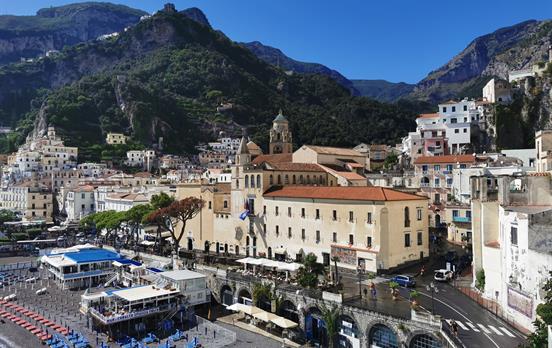
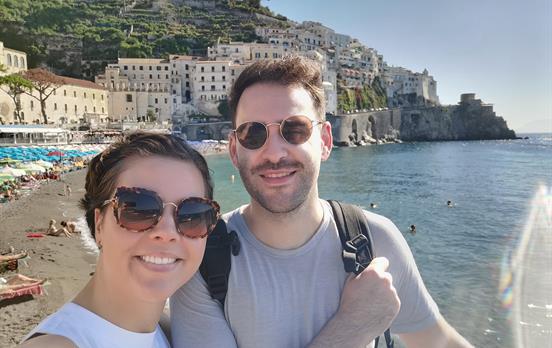
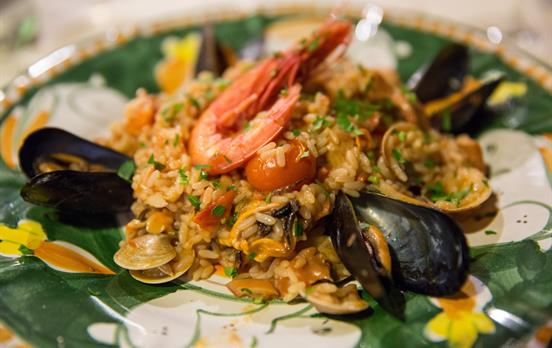
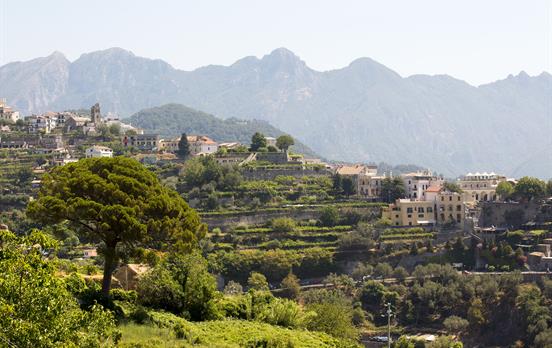
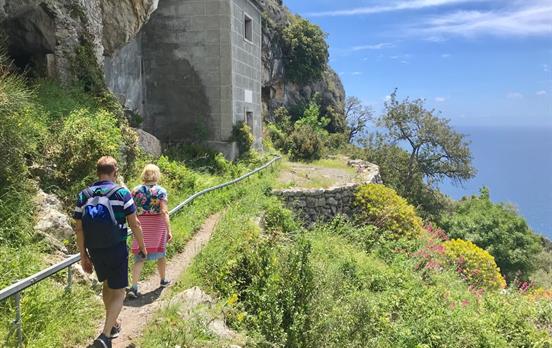
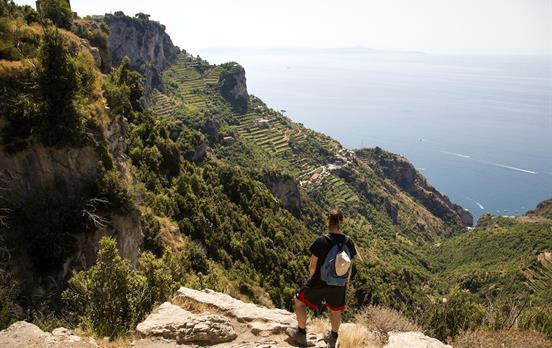
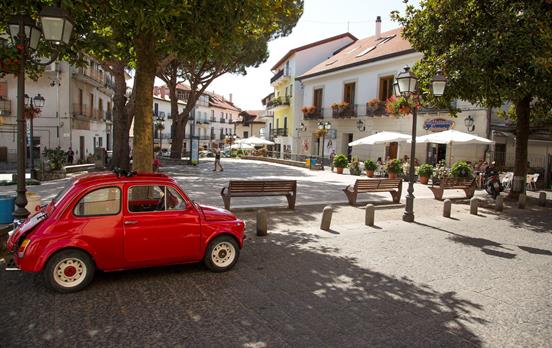
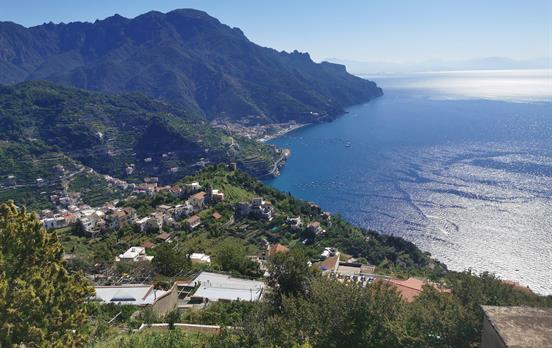
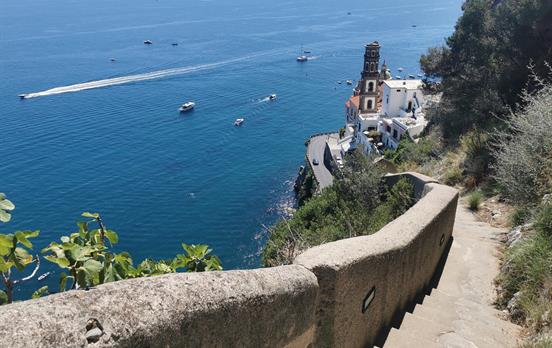


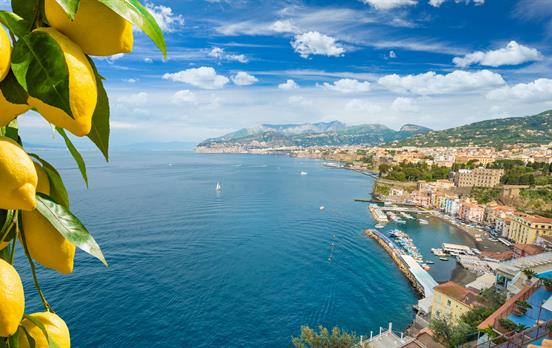

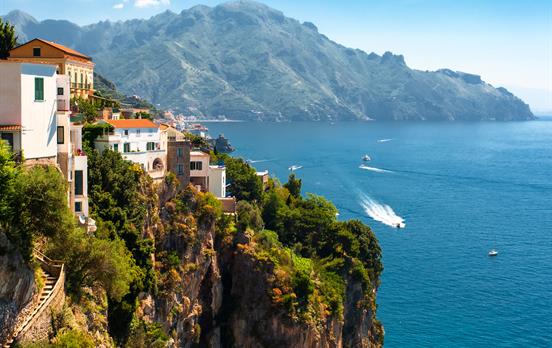
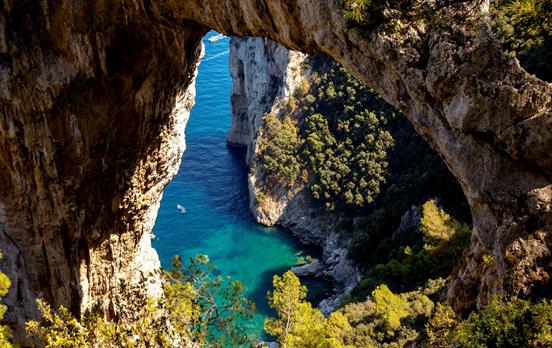

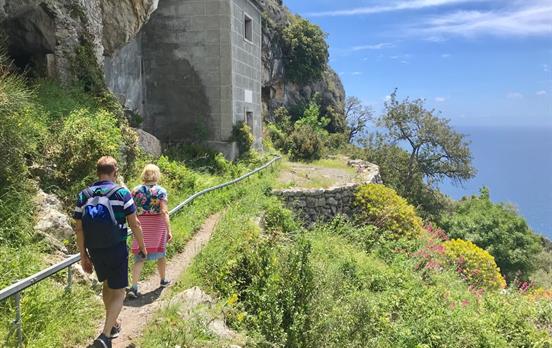
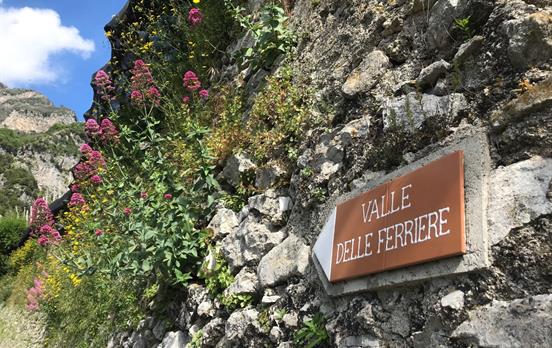
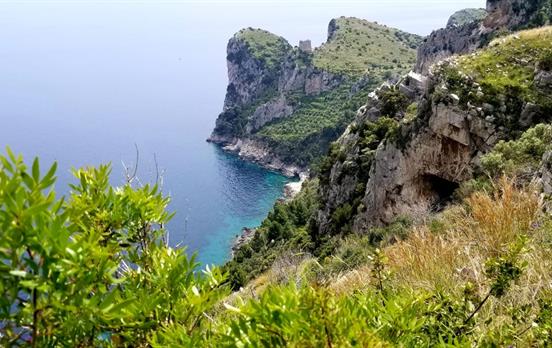
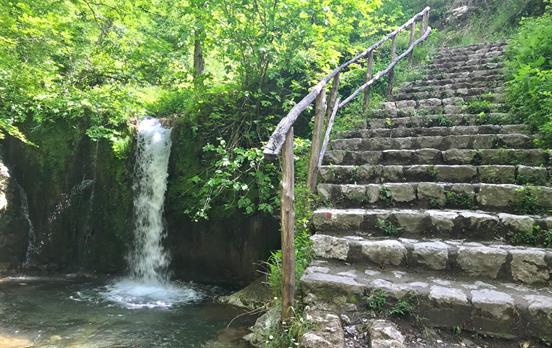












 Australia
Australia New Zealand
New Zealand South Africa
South Africa European Union
European Union